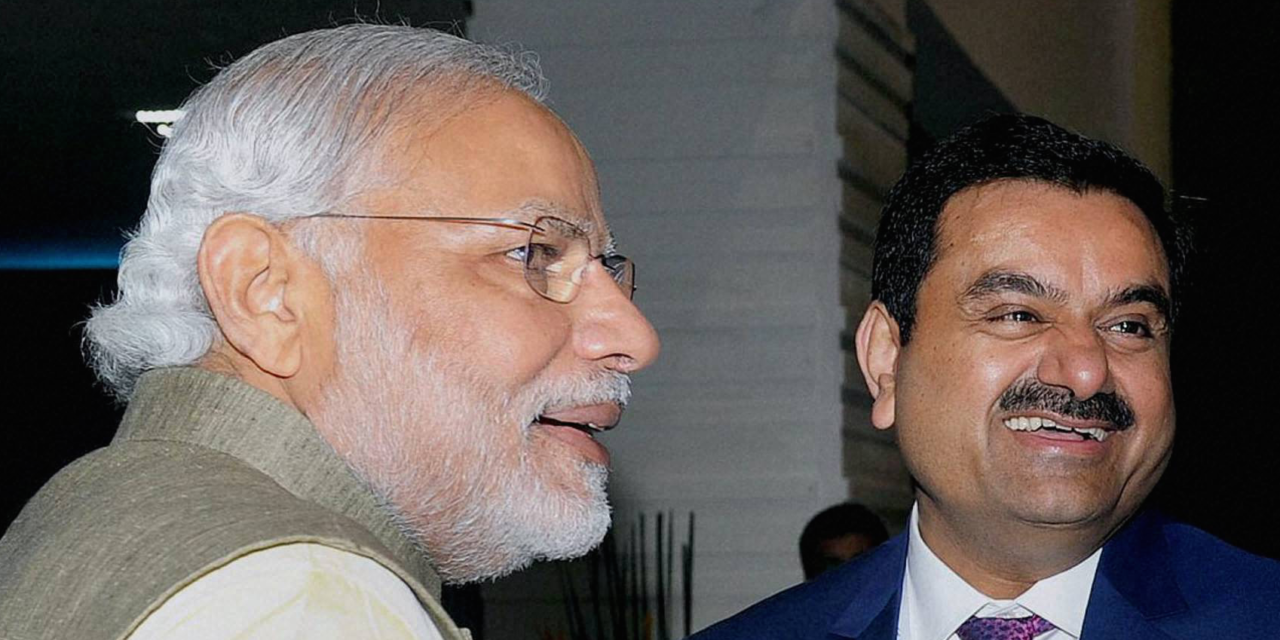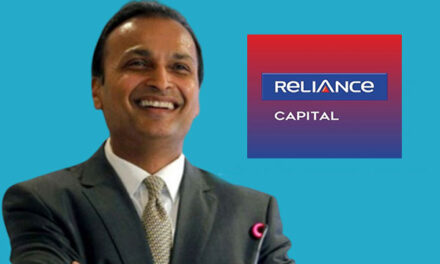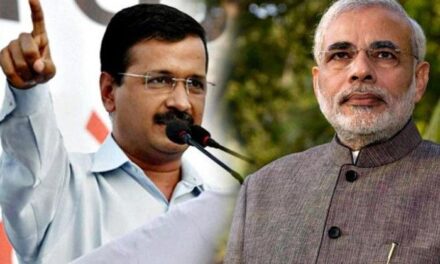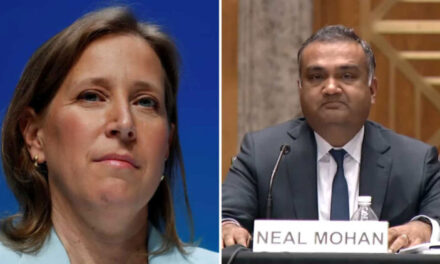Most Adani group shares extended their sharp falls on Monday as the Indian conglomerate’s rebuttal of a U.S. short-seller’s criticism failed to pacify investors, driving stock market losses for the companies to $66 billion over three days.
Adani Transmission and Adani Total Gas plunged 20% each on Monday, while Adani Green Energy was down 18%. Adani Power and Adani Wilmar were down 5% each, while Adani Ports and Special Economic Zone slipped 0.5%.
Flagship Adani Enterprises, which is facing a crucial test this week with a follow-on share offering, rose only 4%.
Adani, led by Asia’s richest man Gautam Adani, has locked horns with Hindenburg Research and on Sunday hit back at the short-seller’s report of last week that flagged concerns about its debt levels and the use of tax havens.
Adani Enterprises’ $2.5 billion secondary share sale entered its second day amid weak investor sentiment.
The stock was trading at 2,892 rupees, far below the price band for the share sale of 3,112-3,276 rupees per share.
On Friday, the first day of the offer, the issue was subscribed only 1% amid a broader fall in shares.
Initial data from stock exchanges on Monday showed Adani has now received bids for 687,840, or 1.5%, of the 45.5 million of shares on offer. The deal closes on Tuesday.
Foreign and domestic institutional investors, as well as mutual funds, have made no bids so far, according to the data.
“Retail participation is likely to have a shortfall with current market prices still trailing the offer price and sentiment taking a hit due to the Hindenburg controversy,” said Hemang Jani, equity strategist at Motilal Oswal Financial Services.
“While there is a risk that the share sale does not go through, it will be crucial today to wait and see how institutional investors participate.”
Adani Group told Reuters in a statement on Saturday that the sale remains on schedule at the planned issue price, even as sources said bankers of the country’s largest secondary share sale were considering extending the timeline beyond Jan. 31, or tweaking the price due to the fall in its share price.
Indian regulations say the share offering must receive minimum subscription of 90%, and if it does not the issuer must refund the entire amount.
Maybank Securities and Abu Dhabi Investment Authority are among investors who bid for the anchor portion of the issue.
State-run insurance behemoth, Life Insurance Corporation (LIC), also invested, taking 5% of the anchor portion of around $734 million.
It already holds a 4.23% stake in the flagship Adani firm, while its other group exposure includes a 9.14% stake in Adani Ports and 5.96% in Adani Total Gas.
The Hindenburg report has led to a massive wipe-out in seven listed companies of the Adani group since last week.
On Monday, responding to Adani’s rebuttal, Hindenburg said the “response largely confirmed our findings and ignored our key questions.”
In its response on Sunday, Adani highlighted its relationships with local and international banks and touted its access to diverse funding sources and structures, listing U.S. banks Citigroup and JPMorgan Chase & Co and European lenders such as BNP Paribas, Credit Suisse and Deutsche Bank.
But the continuing stock market meltdown is a dramatic setback for 60-year-old Adani.
The school-dropout’s stunning rise came with over 1,500% gains in some of his group stocks over three years, making him the world’s third richest man before he slipped to rank eighth on the Forbes list on Monday.
Hindenburg’s report said five of seven key listed Adani companies have reported current ratios, a measure of liquid assets minus near-term liabilities, of below 1 which it said suggested “a heightened short-term liquidity risk”.
It said key listed Adani companies had “substantial debt” which has put the entire group on a “precarious financial footing” and that shares in seven Adani listed companies have an 85% downside due to what it called “sky-high valuations”.
Adani’s response on Sunday stated that over the past decade, its group companies have “consistently de-levered”.









